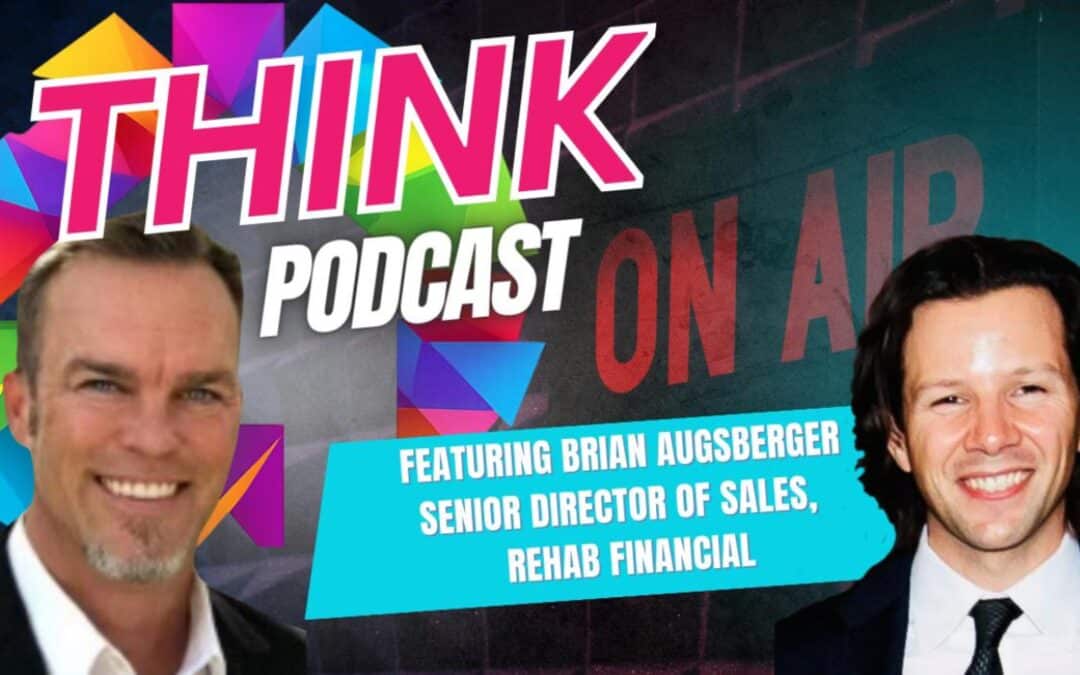If you have never experienced a bad deal, consider yourself very, very lucky. But luck can hold out only so long, and unfortunately most of us do fall victim to a bad deal—the result of our bad decisions.
I have experienced this myself, and I painfully share my insights with all the part-time, beginning and would-be residential real estate investors out there in the hope that you can avoid making the same mistakes that I made and incurring the same types of losses I did from those bad deals.
I will admit wholeheartedly that I have made bad investments, and they were all because of my own personal bad decisions. And in retrospect, I can see a common characteristic among those bad decisions that led to those bad investments. The common theme I have found in my personal experience as a former part-time investor and now full-time investor and a HomeVestors franchisee in Dallas, Texas, is that those bad investing decisions occurred when I allowed my own emotions to enter the picture and sway my decision-making and remove me from my real estate investing principles.
So that prompts the questions, “OK, then, what are these emotions that will get me into trouble as a part-time real estate investor? How will I know when these emotions have entered the picture and are manipulating my decision-making? What do I need to do to ward off these emotions so that I can avoid the bad investments that result from my bad decisions? How can I as an investor avoid those instances and increase my success as a part-time real estate investor?”
Let’s answer those questions.
First, what are the emotions? Let’s run through a few of them. One that happens frequently is becoming emotionally attached to a house. This happened to me just this week with an investment property I was looking at.
I’ll be honest, I believe that is part of human nature. When we purchase our own homes, or even enter into rental agreements for a place to live, it is an emotional decision. Granted, there is a financial aspect to it. You can only afford so much, but an equal or even greater part of it is the emotional aspect.
Shelter is one of our fundamental human needs, and emotion enters the picture when you are choosing that for yourself. You pick a place that you like, that you are proud of, that you are comfortable in, where you are safe and that makes you feel good when you are there. Maybe it’s a certain color, in a certain part of town, has certain look from the outside, it’s bright on the inside, it’s roomy, it’s spacious, or it’s small.
There are a lot of emotions that come into play in the process of purchasing real estate to live in. And I’ll tell you, those same emotions will come into play when you are purchasing real estate to invest in. Very simply, it’s when you find yourself looking at real estate, and the aesthetics start to outweigh the economics. It’s a signal that you are becoming emotionally attached to that property. It’s appealing to you for reasons other than its economic or financial benefit or value.
Emotions Cloud Your Decisions if You Let Them
As an investor, you have to stay focused on the fact that this is an asset, and it’s not essential. You are not trying to satisfy the fundamental human need of housing or shelter. This is simply an investment asset, and emotions have no place in that decision. Emotions will cloud your decision if you let them.
Another thing to think about is that “appeal does not equal a deal.” What I mean is that just because that house is somewhere that you would personally live in if you were looking for a place to live, or just because you love the way this house looks, or you love what this house could be after you fixed it, repaired it, rehabbed it, just because it appeals to some of those emotional strings, that appeal does not equal a deal.
You have to stay anchored in your real estate investing principles and the financials, and you have to be focused and disciplined enough to not allow those emotions to sway you from those principles. To do that, stay grounded and anchored in the fact that the appeal of investment real estate must reside in the numbers. That is what has to get you excited about that investment. Not the fact that it has original wood floors, great curb appeal, you could see yourself living in that house, or the house happens to be one block over from the neighborhood you grew up in. Those are emotional strings that will tug at you, and they will tug you far away from your real estate investing principles.
The appeal must reside in the numbers. When you stay grounded in that fact, it will help you deal with that emotional attachment to a property that can take you down a wrong path. It has happened to me, and it has resulted in bad decisions that resulted in bad investments.
Your Role is to be Empathetic
Here is another emotion to watch out for. As a real estate investor, you are out there aggressively marketing and advertising your willingness and your ability to buy distressed real estate. That is going to put you across the table, across the couch or in the living rooms of distressed sellers. With distressed sellers, you are often going to find yourself becoming part of distressed situations. Whether it’s a financial distress, death in the family, or the fact the house is no longer capable of being maintained for health reasons. There are all sorts of distressing situations that typically accompany the distressed real estate you are seeking to buy.
You are going to find yourself getting very sympathetic toward those situations. You are going to have to remember your role is to be empathetic, not sympathetic. You must find solutions for those distressed situations versus becoming part of those distressed situations.
You can find yourself becoming emotionally attached to some of those situations—and it will cloud your judgment—because as a human being, you want to do whatever you can to help that person. But when you become emotionally involved, you may find yourself successfully contributing to solving the situation for the seller, only to create a distressed situation for yourself down the road.
You have to remember it is not a solution unless it benefits both you and the seller. You must stay grounded in that.
Another point is that you cannot solve every situation. There will be times when you will be very empathetic or perhaps even sympathetic toward the seller’s situation, but you have to realize that you may not be the one who can solve it for them. As a real estate investor, you may not be capable of solving that distressed situation. It’s unfortunate and heartbreaking at times, but it’s the truth. You have to be aware that emotion and your attachment to the situation versus your attachment to the house, it may creep in and cloud your judgment.
Desperation May Try to Take Over
Here finally, another emotional condition that I have personally experienced is the desperation to get a buy. It is probably the thing I see most frequently among all investors—new and old, experienced and inexperienced, part-time and full-time.
You have to remember that in the real estate investing business, there are going to be peaks and valleys. You are going to have weeks, months or even longer periods of time when you are coming across more great deals than you can even purchase. You are also going to come across times when you cannot find a good deal if your life depended on it. Your anxiety and your desperation to buy a house to support your business will become extremely heightened, and the emotions that will come with that are going to cloud your judgment. They are going to take you down a path of such desperation that you may start talking yourself into just about anything you can come across in terms of houses, investments and buys.
This is one of the most common mistakes I see in our business: people allowing that anxiety, desperation or emotion to take over. Then their desperation to buy an investment property takes them down a path of bad decisions and bad investments.
Remember, just because you need the buy does not mean it is the buy you need. You have to stay grounded in that. The next great deal will come along. Don’t try to force something that’s not a deal into being a deal just in order to buy something.
To kind of wrap this all together, let’s answer the question, “Well, what do I do to avoid these emotions?” The thing about us as real estate investors is that we are grounded in a very common principle. At the risk of oversimplification, we have to get the numbers right when evaluating an investment property: The after repair value (ARV), or the repairs that are necessary in order to command that value on the market, and the price we are willing to pay in light of that market value or ARV and those repairs that are needed.
The Answer is in the Numbers
When your emotions come into play—and they will sneak up on you when you least expect it, and you won’t know they are there—they will cloud and influence your judgment. It’s happening when you find yourself overestimating ARVs, pushing a value of a property beyond what it realistically will get on the open market, when you are underestimating repairs and you are beginning to talk yourself into perhaps doing less—or doing more, but less expensively.
When you do start to overinflate that ARV in order to cater to your emotions and your desire to buy that house, solve that situation, or when you find yourself underestimating repairs, you are going to end up overinflating the price you are going to pay. That is when the bad decisions result in bad investments.
Remember: the deal must fit your numbers. When you force the numbers to fit the deal, it is not a deal.
You can listen to Kevin’s podcast here:
http://www.blogtalkradio.com/kevinguz/2016/04/01/bad-deals-are-the-result-of-bad-decisions























0 Comments